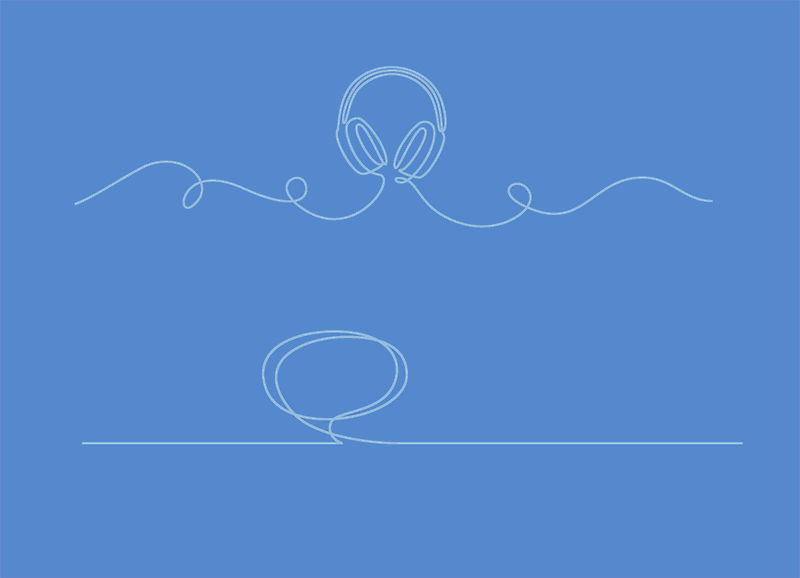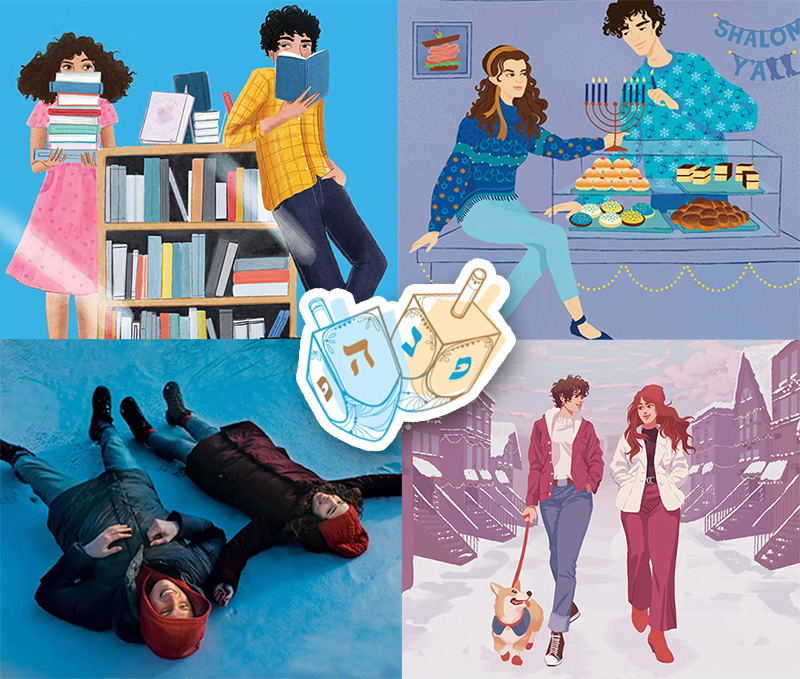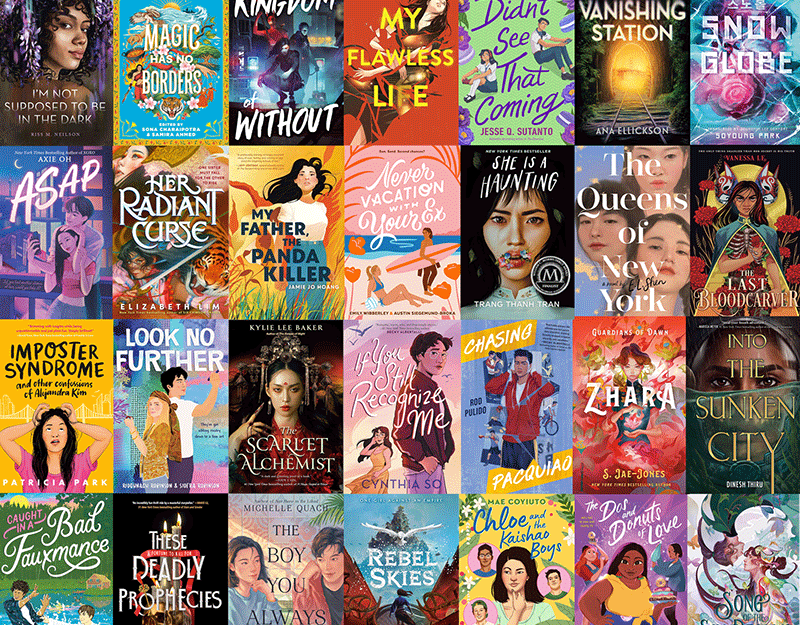Sunday Reflections: Silence Hurts Everyone (Why don’t adults intervene more when abuse is suspected with further discussion on Eleanor and Park by Rainbow Rowell)
Months ago we posted about Eleanor and Park, and I recently added that post to the SVYALit Tumblr page where it has had some interesting discussion. One comment in particular has me thinking:
Not one able adult called Child Protective Services, the Police, a counselor – none. It’s not even clear that Eleanor’s Uncle and Aunt did (in fact, given that the town gossip doesn’t mention it, I assume they didn’t). And that really, really bothers me. It’s possible that they could have called and nothing would have happened, that’s true. But not one adult – and these were written as otherwise self-aware and proactive and responsible characters – even tried to do this, which just does not sit well with me.
ADVERTISEMENT
ADVERTISEMENT
In the end, I feel like all of the adults in Eleanor’s life failed her, for no particular reason other than no one thought to pick up a phone or talk to an expert on the subject. There’s nothing in the book that addresses this oversight, or makes it understandable to me. And that’s a thing that worries me: because, yes, it’s made clear that Eleanor’s situation, that the behavior of her stepfather is very, very wrong, but it also doesn’t do much of anything to show the reader how adults can help right this wrong.
And if the book had commented on the fact that adults sometimes – maybe quite often – fail to help teens in dire situations, I might be able to look past it. Instead, it doesn’t even address it. I know as an adult – one who as a teen had an unrelated adult intercede on my behalf to prevent the threatened abuse of a parent – I know exactly what I would have done, which was called the authorities. It may not have helped, but I would have at the very least tried, and I don’t know another responsible adult who wouldn’t. (From the Falcon’s Pen is Quick and Sharp Tumblr)
What I believe Genie Este is asking is why don’t the adults in Eleanor’s life – especially those who seem to indicate that they know something is wrong in her life – intervene on her behalf. To be honest, it has been a while since I read E&P and when I did read it, this did not stand out to me. But I want to talk a little bit about it.
When I first got married, at the age of 22, we lived in an apartment. In the apartment next door to us lived a couple with a small daughter (maybe 2 or 3) and an infant boy. There were a couple of nights where I told The Mr. that I thought the husband next door was beating his wife, and The Mr. suggested that I really didn’t know what I was hearing. One night, I finally called the police. When the police came to my door, they thought that I had been calling and using the “no, no it’s a friend” excuse because apparently people don’t call and report these things. It took a long while for me to convince them that no, I wasn’t being beaten but that I thought the lady next door was. This was my first real life experience with bystander apathy.
You see, we live in a culture where we are taught no to judge, not to be nosy, not to interfere. How many times have you overheard a parent yelling at a toddler in the grocery aisle or even your library and heard them call that child stupid, worthless, and many other horrible things? The truth is, many of us have and we do nothing. Because we feel that it is not our place to do something. Almost daily you can find some type of blog post or article reminding us that we shouldn’t judge the way others choose to live their lives – and this is true in most cases. But it shouldn’t be true when we see abuse happening.
BUT, we are also taught not to think badly of others, which makes it easier to be in denial when we have those little inklings of abuse in the backs of our brain. Surely, we think to ourselves, I am misunderstanding things. In The Gift of Fear (and also in Protecting the Gift), author Gavin DeBecker talks a lot about intuition and how we are taught over time as we grow up to suppress our intuition, in part because we are taught not to think badly of others – and this puts us all at risk. And really, we don’t want to think of the possibility that our neighbors, our friends – our family – could be the type of people who might abuse someone. So it can be easy to explain our nagging suspicions away. So for The Mr., it was easy to suggest that maybe the man next door was just building a cabinet instead of beating his wife. I think this is also part of the reason why we have mandatory reporting laws for educators – it can be so easy to explain things away, but making educators mandated reporters means that they are more likely to report those inklings rather than explain them away because their job security is tied into reporting.
So I guess, for me, it’s not hard to see that the adults in Eleanor’s life may on some level suspect that abuse is happening, but I can also see how they would fail to act on that suspicion. People fail to act on those suspicions every. single. day. And in many ways, we are enculturated to do exactly that.
1 in 6 has an interesting look at why adults often fail to protect children from sexual abuse by failing to acknowledge or report it:
ADVERTISEMENT
ADVERTISEMENT
As difficult as it may be to accept, there are many genuine, compelling reasons that it can be challenging for adults – even otherwise loving and caring adults – to take protective action, or even to notice, when children are being sexually used or abused, or at risk of being harmed in that way. These reasons or causes include:
- Overwhelming feelings (like fear, anger, or shame) caused by just thinking about the sexual abuse of children.
- Confusion caused by incorrect stereotypes about what kinds of people sexually use and abuse children.
- Physical, emotional, and financial dependency on an individual or group that would be lost (for oneself and the family) if such concerns are raised
- Self doubts of various kinds (e.g., “I’m paranoid.” “What if I’m wrong?” “It’s none of my business.”).
- Fears of various consequences (e.g., of acknowledging betrayal by a trusted and respected person, of being wrong, of being right).
For these and many other reasons (explored in detail below), even when an adult knows about such behavior, he or she may not speak up, or may even tell the child to keep quiet. Also, if the child’s distress or any harm seems minor or absent, a tragic calculation may take place: the immediate costs of confronting the situation seem greater than the imagined long-term costs of looking the other way. (source: https://1in6.org/men/get-information/online-readings/others-who-were-involved-or-not/why-do-adults-fail-to-protect-children-from-sexual-abuse-or-exploitation/)
Which is WHY WE NEED TO TALK ABOUT SEXUAL ABUSE AND VIOLENCE. By drawing back that curtain, we make it harder to deny or explain away; we take the blame off of the victim and put it where it belongs – the abuser; and we can help everyone understand what some of the signs may be so that more adults can speak out for victims when they suspect abuse may be happening. And always remember that if you have suspicions of abuse you can call your local children’s protective services anonymously.
As for the neighbor next door, a couple of months later she moved out and the landlord did tell me that the apartment was full of holes in the wall and doors off of hinges and that there were clear signs that someone definitely had an anger management problem. It looks like I made the right call, though I will never know if it made a difference. Silence hurts everyone.
Filed under: #SVYALit, Eleanor and Park, Rainbow Rowell, Sexual Violence, Sunday Reflections
About Karen Jensen, MLS
Karen Jensen has been a Teen Services Librarian for almost 30 years. She created TLT in 2011 and is the co-editor of The Whole Library Handbook: Teen Services with Heather Booth (ALA Editions, 2014).
ADVERTISEMENT
ADVERTISEMENT
SLJ Blog Network
The Moral Dilemma of THE MONSTER AT THE END OF THIS BOOK
Cover Reveal and Q&A: The One and Only Googoosh with Azadeh Westergaard
Winnie-The-Pooh | Review
Parsing Religion in Public Schools
ADVERTISEMENT









